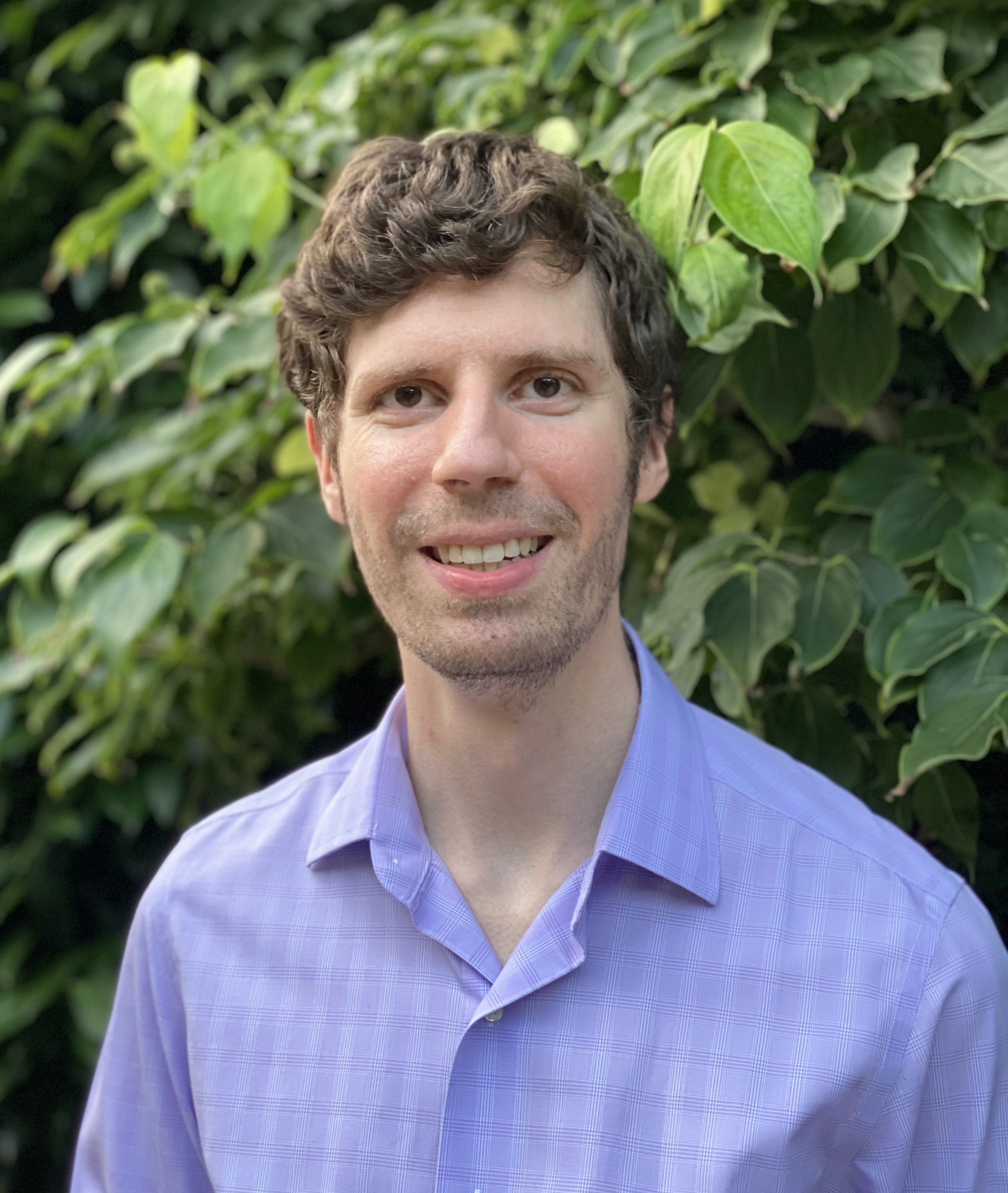Nathan Vedal joined the EAS Department this past July as our newest faculty member. He recently taught at Washington University in St. Louis. His research interests are broadly the intellectual, cultural, and literary history of late imperial China and early modern East Asia between roughly the fifteenth and nineteenth centuries.

Professor Vedal took a rather unconventional route to his current research. He went to a music conservatory in Philadelphia for his undergraduate studies and obtained a Bachelor’s degree in music performance (double bass). He started playing the cello when he was four and later switched to bass, which he’s been serious about since the age of twelve. He took a Chinese language class in his last year of high school and it sparked an interest in the language. He maintained that interest through his time at the conservatory and with more classes, he became exposed to Chinese literature and history as well. Towards the end of his degree, he began to have some doubts [about music as a career path] and wanted to try something new. He began a Master’s degree in Chinese literature and couldn’t turn back.
The study of language has been a running thread in his research. “My first book is about the study of language in China in the Ming dynasty (particularly in the sixteenth and seventeenth centuries). I was interested in using this as a case study to see how scholarly disciplines form and how Ming linguistic thinkers positioned language alongside other fields of learning that today we may not think have a lot to do with language like music, cosmology, and religion, all of which they considered to be part of an interrelated nexus of learning. Later in the eighteenth century, all these other fields came to be pared away and the study of language took on a form closer to what is considered historical linguistics today. Rather than the conventional way of looking at the Ming as this period of decline, waiting to be saved by empirical Qing thinkers, I was able to show how Ming thinkers addressed similar intellectual concerns according to different standards of scholarly validity.”
Professor Vedal will be teaching two courses this fall: EAS396 (Special Topics in East Asian Studies – Tales of the Supernatural in Chinese Literature) and EAS496 (Advanced Topics in East Asian Studies – Theories of Reading in East Asian History). The 300-level course will dive into the earliest records of spirits and ghosts in the classical texts of antiquity and then follow a thread through the medieval period all the way to early modern and even contemporary genres that emerged to document supernatural or out of the ordinary phenomena. The 400-level course relates to some of his most recent research post-first book, which is interested in part in new theories of reading that emerged particularly in the early modern period, but the course will be starting much earlier and look at how approaches toward what it means to read a text (broadly construed) developed over the course of not just Chinese history but also that of Japan, Korea, and Vietnam.
On both courses, Professor Vedal tells us, “I always learn a lot from students, so I’m excited to also pick up new ideas.”
As for what he’s most excited about joining the University of Toronto, he cites collaboration with departmental colleagues. “In the department, there are a lot of shared research interests across regions and time periods in terms of the history of information, linguistics, translation, and book history. I look forward to collaborating with my colleagues in the future.” Of the city he notes, “I’m also excited to get to know Toronto better! It’s an exciting city. I used to freelance as a bass player back in graduate school in Boston and that’s fallen by the wayside. Toronto is a city alive with music, so I’m looking forward to any opportunities to get freelancing up and running again.”
Rapid Fire Round of Questions
We asked Professor Vedal some fun questions to get to know him better. Check them out below!
- What TV show are you currently watching?
My one-month-old son Ran is doing a good job of keeping me away from TV at the moment, but the last thing I watched was Giri / Haji on Netflix.
- What is your favourite way to destress/unwind?
Baking! And insect photography—here are some pictures taken on research trips in Taiwan, Japan, and Hong Kong.
- What’s the last book you read?
Dragonflies and Damselflies of the East by Dennis Paulson. My favourite genre these days is field guides, mostly about insects, but also plants.
- If there’s one meal you could eat every day for the rest of your life, what would it be?
This is hard for me – steamed pork buns.
Learn more about Professor Vedal from his faculty profile and check out his upcoming book.


